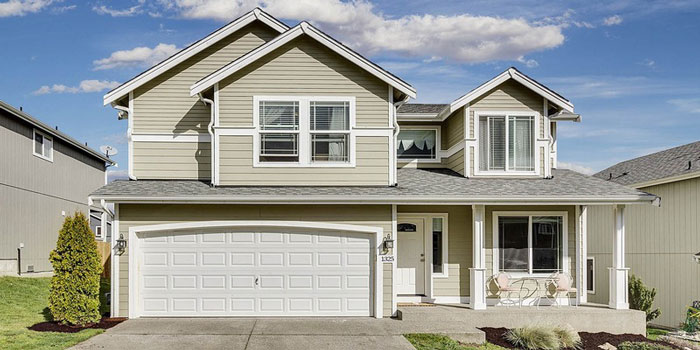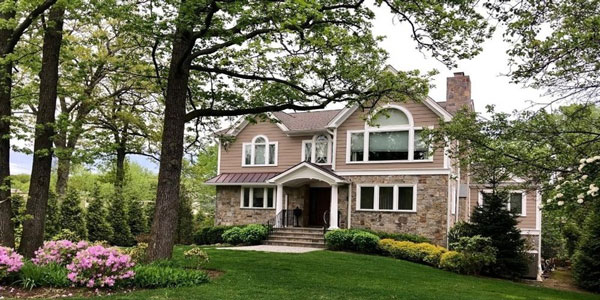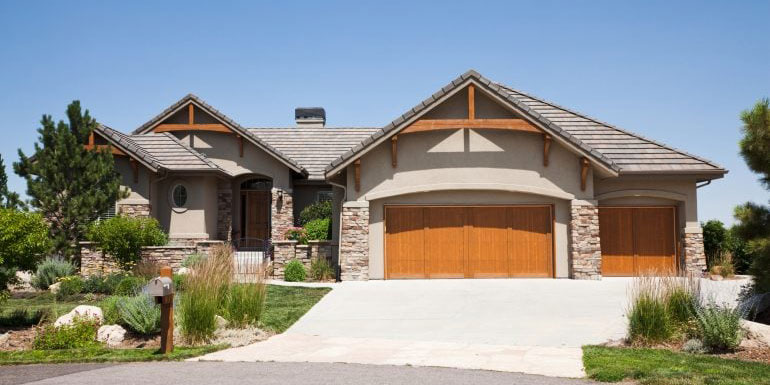First-time home buyers should be prepared to feel overwhelmed by the variety of choices, costs, and terminology they will encounter. Once you become familiar with the real estate market, you'll undoubtedly notice that when most individuals say "house for sale," they mean a detached single-family home. Still, it's just one of several residential possibilities.
Can you define a single-family dwelling?
In this context, "single-family home" refers to a residence on many lands. These buildings often stand alone and have their entrance and walls. There is also normally only one utility meter in a single-family dwelling.
A townhouse or duplex can be considered a single-family residence if it has a wall running from the basement to the top of the structure and does not connect to the utilities of the adjacent unit.
To what extent do alternatives to detached houses exist? 
Perhaps you don't see the appeal in a traditional American suburban neighborhood with a white picket fence. Perhaps you're wondering if you'll ever be able to purchase a home in today's expensive market. You may value reducing your ecological footprint more than hosting overnight guests.
Single-family dwellings are one of many options, and there's a wide variety of styles and price points to choose from. Here, have a look:
Townhome
It's possible to think of a townhouse as a cross between a condo and a detached house. Prices for townhomes are often lower per square foot than those of detached single-family homes. However, they may give the impression of more room and seclusion than a condo. A townhouse's front and rear doors are usually located on the ground floor, and they often have their own yards as well. When deciding between a condo and a townhouse, it's important to remember that a larger footprint will require more upkeep but will also provide you with more area to spread out and enjoy life.
Like in a condo, you own the plot of land your townhouse is built on, and you likely won't even own your portion of the wall separating your home from the one next door. Possible Homeowners' Association dues may also apply.
Co-op
When discussing working together, they often abbreviate "co-op" to avoid confusion. The co-op flat is not for sale and cannot be owned. Using this method, you are investing in the building by purchasing stock in the company that owns it. The lease you get will be for the exclusive use of the apartment.
The purchase price of a co-op may be lower than that of a condo, but you will still be responsible for a monthly maintenance cost. In addition, there are typically limitations placed on the types of renovations that residents can make to co-ops. The board of directors must authorize any renovations or improvements before implementation. You'll also need the board's approval to sell your shares.
Prefabricated dwelling
A mobile house, often known as a prefabricated home, is a prefab housing unit permanently attached to a chassis. It's cheaper than a regular house and comes fully assembled. A manufactured home can have the same lifespan as a traditionally built house with regular upkeep and repair.
If you own your land, a manufactured home can be more cost-effective than building from the ground up. Prefabs can also be set up in rented lots in neighborhoods or parks. That means you have title to the home, not the land it sits on. Clubhouses, pools, and hot tubs are commonplace in these communities.
Homes built using modular construction techniques 
Modular homes are constructed from prefabricated components and then pieced together at the construction site. Modular dwellings can be thought of as single-family homes in all but name. However, the price tag is much lower than brand-new equivalents. Modular homes are an increasingly popular option for homebuyers looking for a brand-new house because they must fulfill the same building codes as conventional new homes.
Residence with minimal proportions
What you imagine when you hear "small house" is what you get. You'll have to make do with less than 400 square feet (or less) because that's about how much space you'll have for your necessities. Some can construct tiny houses for less than $10,000. A tiny house with all the bells and whistles might cost up to $150,000. The norm, though, is between $30,000 and $40,000.
A small house might be brand new construction or an upcycled structure that once served a different purpose. There has been a nationwide proliferation of container homes or micro houses constructed within recycled shipping containers.











